
NSW Schools Introduce Knife Crime Education Program After Teen’s Death
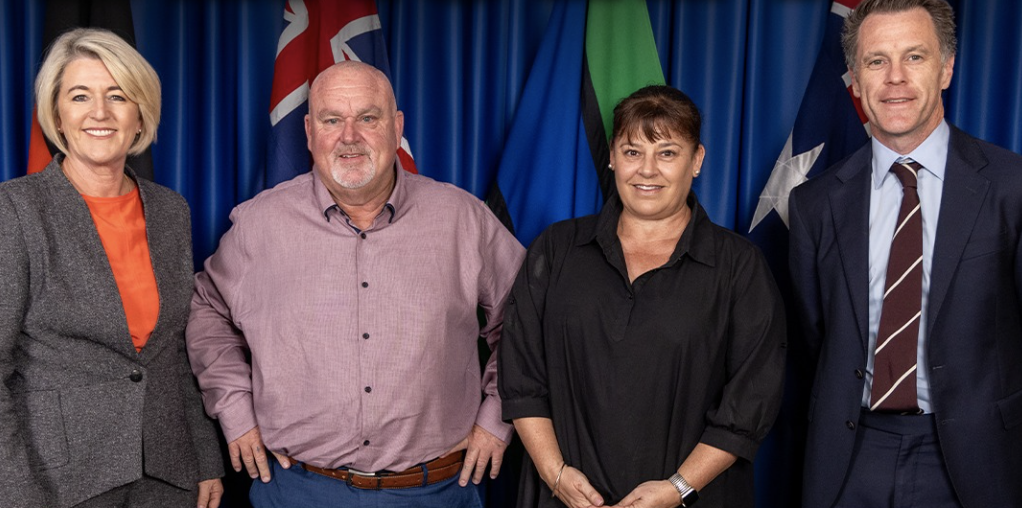
A new campaign to warn Sydney school students about knife crime was launched in Campbelltown today, alongside the parents of a 17-year-old killed in 2019.
Brett and Belinda Beasley founded the Jack Beasley Foundation after their son died after a stabbing on the Gold Coast, and have been running ‘One Moment’ education presentations across Queensland schools to educate students on the dangers of carrying a knife and the long-term effects violence has on the community.
They’re now being supported by the Minns Labor Government and NSW Police to bring the presentations to New South Wales, with presentations set to be held at 12 schools in Wollongong, Blacktown, Mount Druitt, Campbelltown, Bankstown, Fairfield and Penrith.
Premier Chris Minns said it was vital the presentations reach young people early, and thanked the Beasleys for turning their loss into a powerful message.
“Carrying a weapon can turn a normal day into a tragedy, ruining and ending lives,” he said.
“This is about sending a clear message that carrying a knife is never the answer – it puts you and others in danger.”
Over the last fortnight, more than 3,000 students have been reached at schools across Grafton, Kempsey, Armidale, Raymond Terrace, Waratah, Kurri Kurri and Wyong.
The presentations come after new legislation modelled on Queensland’s ‘Jack’s Law’ came into effect in December last year, giving NSW Police powers to wand or scan people for knives without a warrant in designated areas including shopping precincts, public transport stations and certain sporting venues.
Penalties for knife offences include a maximum four-year jail term and fines of up to $11,000.
State-wide crackdown on knife crime
Since the legislation was introduced, there have been more than 20 thousand people scanned under Operation Ares, with 207 weapons seized and 105 people charged with weapon offences. Eleven people were charged with failing to comply with the legislation.
Of the 207 weapons seized, there were 134 knives, 23 multi-tool pocket knives, four razor blades and four scissors, two axes and two flick knives, and one machete and one sheath knife.
“Police are in the community day in, day out, working hard to make it a safer place,” said Minister for Police Yasmin Catley. “Since wanding operations began, officers have taken more than 200 dangerous weapons off our streets – this is life-saving work.
However, the laws have attracted criticism, with the Aboriginal Legal Service and Public Interest Advocacy Centre speaking out against their introduction a year ago.
“We have years of evidence showing that arbitrarily increasing police powers doesn’t result in safer communities,” said Jonathon Hunyor, CEO of the Public Interest Advocacy Centre.
“These laws will subject already over-policed communities to further targeting and harassment. That only builds distrust.”
Nadine Miles, Principal Legal Officer from the Aboriginal Legal Service, said there was “no evidence” that the laws would reduce knife crime, and that there was a high risk that Aboriginal and Torres Strait Islander people will be disproportionately targeted.
“If Parliament is determined to let down the people of NSW by passing this harmful legislation, they must include safeguards to ensure oversight by the police watchdog,” she said.
“Robust and independent police accountability is essential to Closing the Gap and repairing community–police relationships.”
The laws were introduced after NSW saw an escalation in high-profile knife crimes, including the Bondi Westfield stabbings and the stabbing during a sermon at Wakeley Church.


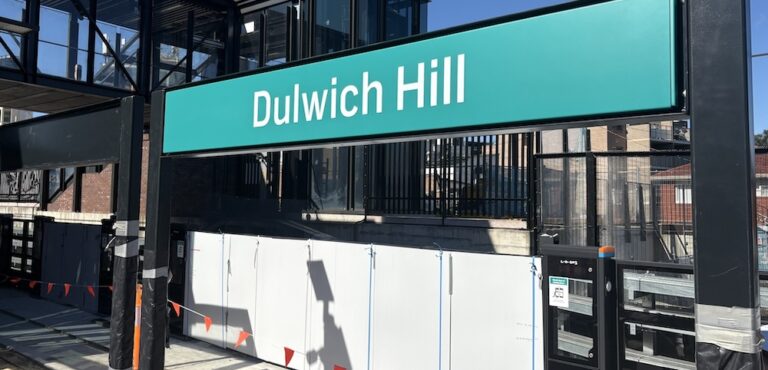


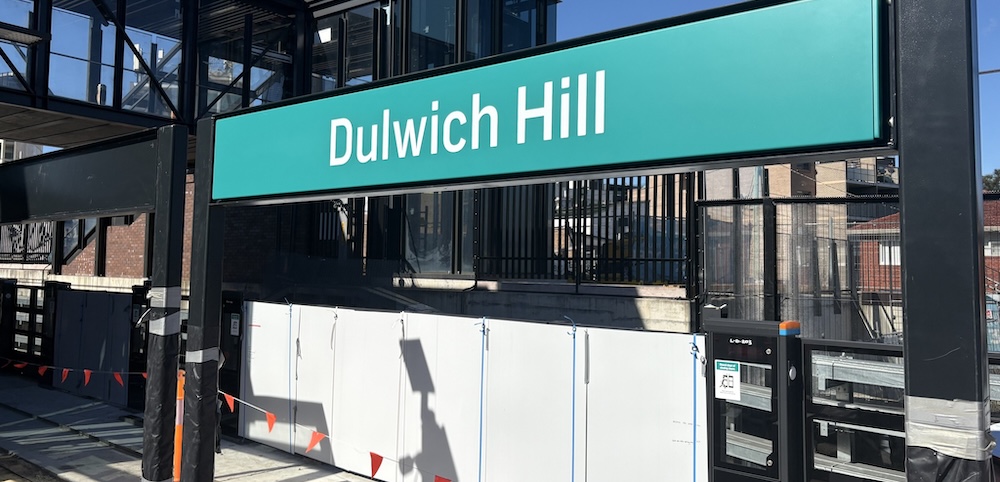
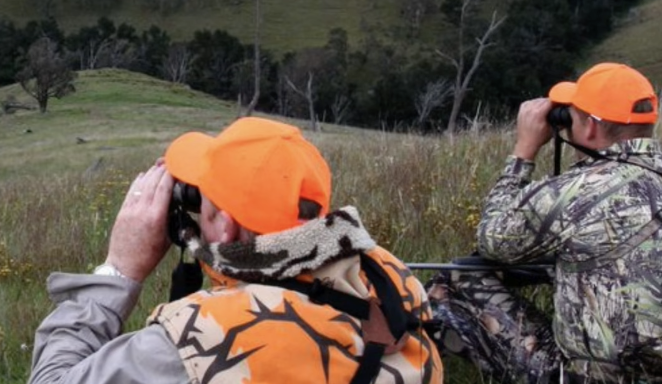

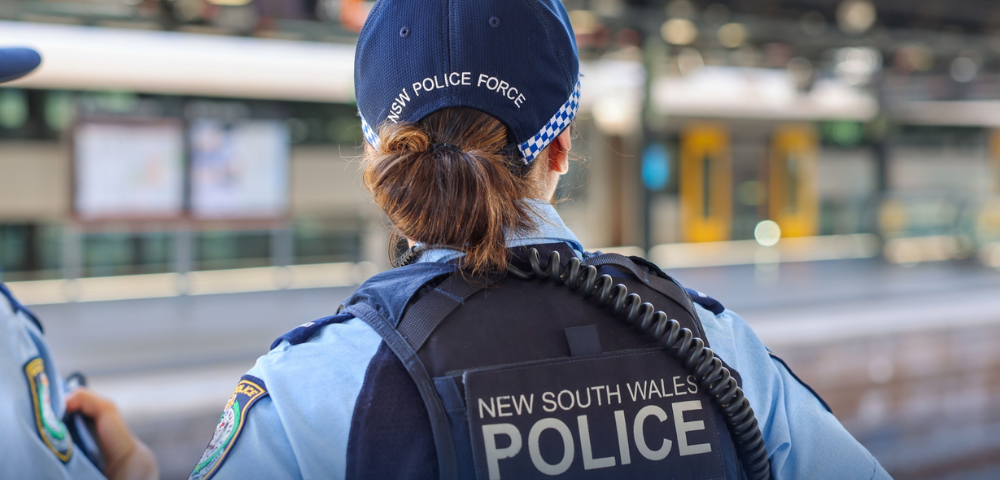

Leave a Reply